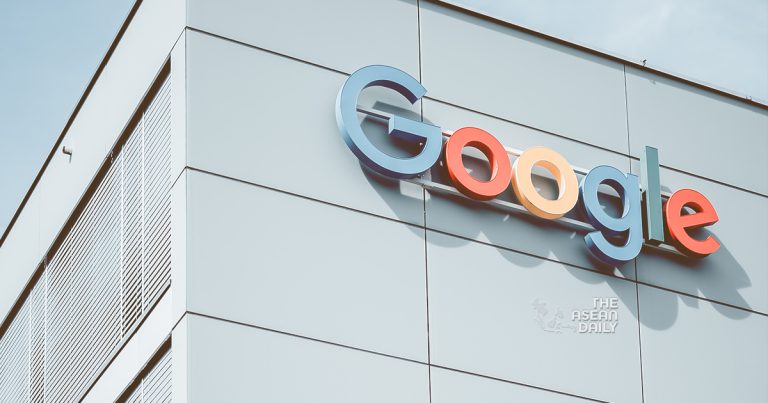6-8-2024 (WASHINGTON) A federal judge has ruled that Alphabet’s Google has maintained an illegal monopoly in the online search market. The verdict, delivered on 5 August, marks a significant victory for US antitrust authorities in their ongoing battle against Big Tech’s market dominance.
District Judge Amit Mehta’s ruling was unequivocal: “Google is a monopolist, and it has acted as one to maintain its monopoly.” The tech giant’s control of approximately 90% of the online search market, and a staggering 95% on smartphones, formed the crux of the case against it.
This landmark decision paves the way for a second trial to determine potential remedies, which could include the dramatic step of breaking up Alphabet. Such an outcome would send shockwaves through the online advertising world that Google has long dominated.
The ruling has been hailed as a triumph by US Attorney General Merrick Garland, who called it “a historic win for the American people”. The White House echoed this sentiment, with Press Secretary Karine Jean-Pierre describing it as a “pro-competition ruling” and “a victory for the American people”.
Judge Mehta’s ruling highlighted Google’s enormous financial outlay to maintain its market position. In 2021 alone, the company spent a staggering $26.3 billion to ensure its search engine remained the default option on smartphones and browsers.
The judge noted the immense value of being the default search engine, stating that even if a new entrant could compete on quality, they would need to be prepared to pay “upwards of billions of dollars” to partners to secure such a position.
Alphabet’s shares fell 4.3% following the announcement, as part of a broader tech stock decline. The company has announced its intention to appeal the ruling, arguing that while the decision recognises Google as the best search engine, it concludes that they shouldn’t be allowed to make it easily available.
This case, initially filed during the Trump administration, is the first major decision in a series of antitrust suits against Big Tech giants. Similar cases have been brought against Meta Platforms, Amazon.com, and Apple, reflecting a bipartisan push for stronger antitrust enforcement in the tech sector.
The road ahead remains long and potentially complex. The “remedy” phase could be protracted, followed by possible appeals to higher courts. Legal experts suggest the process could extend into 2026, leaving the tech industry and consumers in a state of uncertainty.




